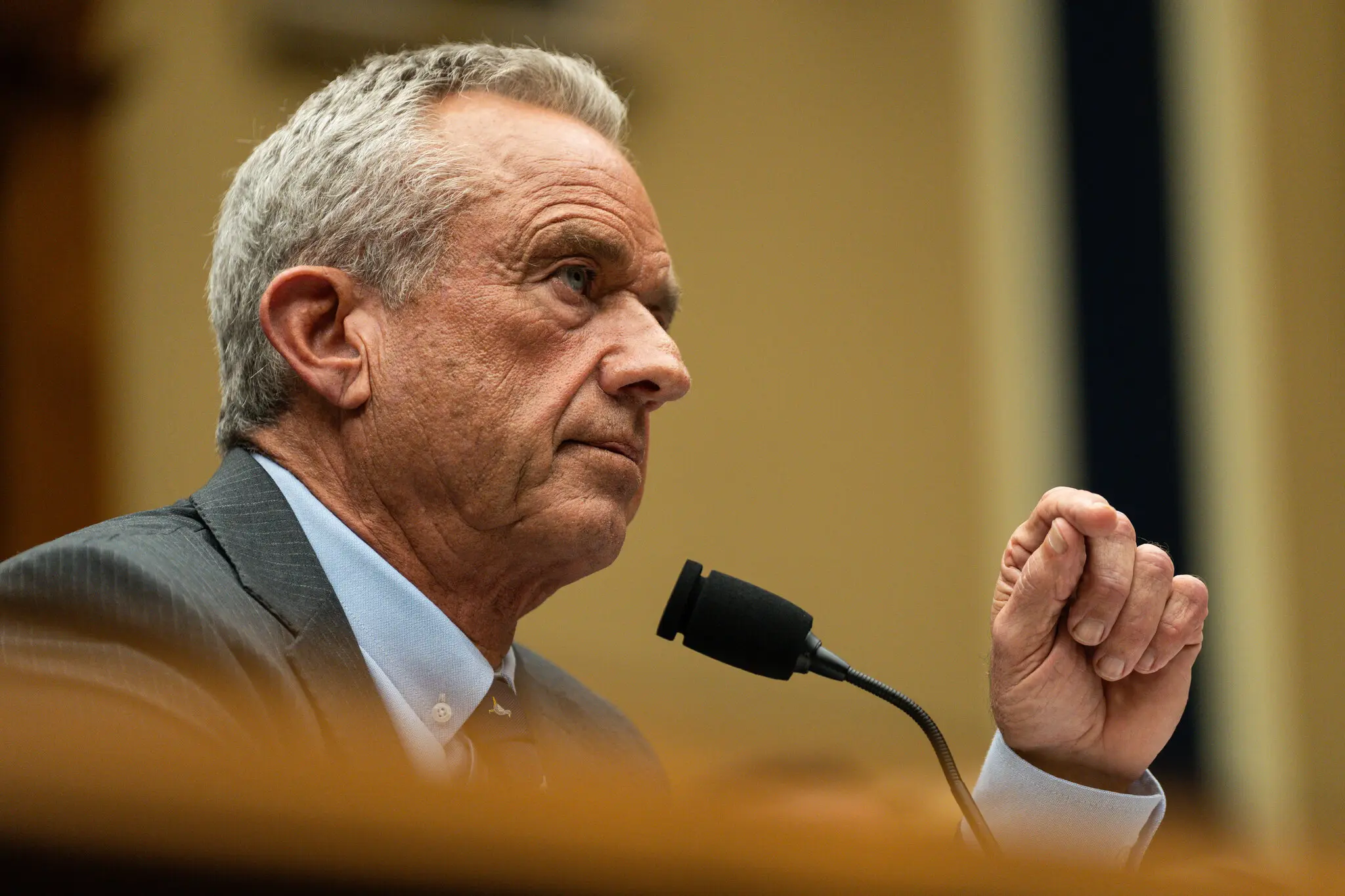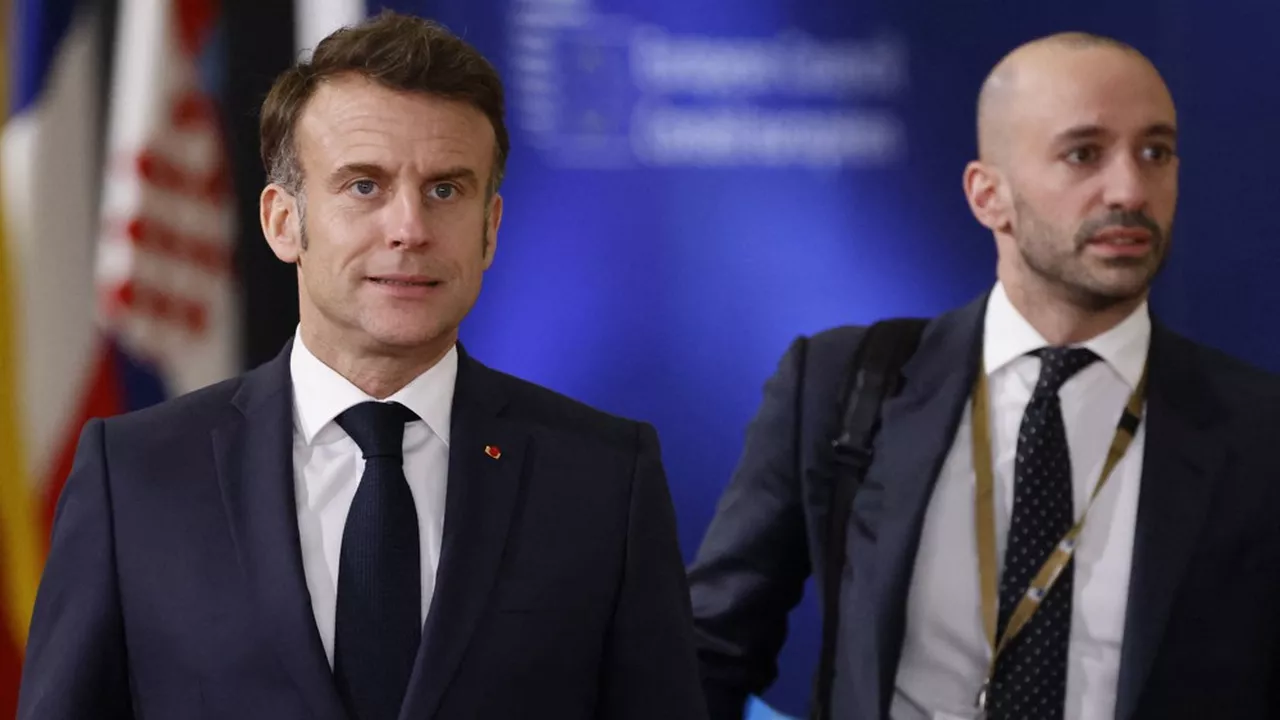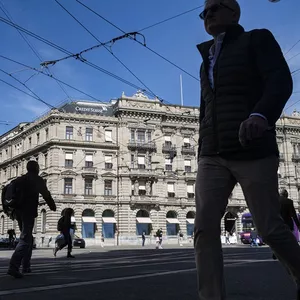RFK Jr. Abruptly Cancels Meeting of Federal Preventive Health Panel, Raising Alarm Among Experts
Independent presidential candidate Robert F. Kennedy Jr. has canceled a scheduled meeting of a key federal panel on preventive health services, prompting concern from medical professionals and health officials about the future of evidence-based public health policymaking.
In a move that has stirred controversy within the medical and public health community, independent presidential candidate Robert F. Kennedy Jr. has abruptly canceled a scheduled meeting of the U.
S. Preventive Services Task Force (USPSTF)—a federally supported body responsible for reviewing and recommending preventive health measures such as cancer screenings, vaccinations, and mental health assessments. The panel’s quarterly meeting, originally planned for next week, was called off with little explanation.
According to internal correspondence reviewed by health policy reporters, Kennedy’s transition advisory team—formed in anticipation of a potential administration—requested a 'pause on all non-essential committee functions pending structural review. 'Though Kennedy holds no current government office, his campaign’s outreach to federal agencies and advisory panels has intensified in recent weeks, as he lays the groundwork for what he claims will be a 'complete restructuring of federal health authority. 'A Panel With Life-Saving ImpactThe USPSTF, composed of independent medical experts, plays a vital role in shaping American preventive health strategy.
Its recommendations directly influence which screenings and services are covered by insurance under the Affordable Care Act and guide clinical practice nationwide. From breast cancer mammography to colonoscopy timing, depression screening protocols to diabetes prevention, the panel’s guidance touches the lives of millions of Americans. By law, insurers are required to cover services rated 'A' or 'B' by the task force without co-pays.
Medical experts and public health professionals say canceling a scheduled meeting—even one not overseen by a sitting president—sends a dangerous signal. “This isn’t just a bureaucratic pause—it’s a disruption of life-saving work,” said Dr. Monica Jeffries, a preventive medicine specialist at the Mayo Clinic.
“The task force helps ensure that recommendations are science-based, apolitical, and current. Undermining it could set public health back years. ”Kennedy’s Health Policy Views Under ScrutinyKennedy, a long-time vaccine skeptic and environmental lawyer, has positioned himself as a fierce critic of what he calls 'Big Pharma’s capture of health institutions.
' While he denies being anti-vaccine, he has repeatedly questioned vaccine safety protocols, criticized the CDC, and called for sweeping reforms to the FDA and NIH. In recent campaign appearances, Kennedy has spoken of replacing existing federal health panels with 'truly independent' bodies composed of patient advocates, holistic practitioners, and individuals outside of what he calls the 'medical industrial complex. '“We need to rethink the entire architecture of preventive health,” Kennedy said during a campaign livestream last month.
“Right now, it’s designed to funnel people into lifelong pharmaceutical dependency—not health and vitality. ”Critics say that rhetoric threatens to dismantle evidence-based medicine in favor of fringe theories and unproven interventions. “Public health must be grounded in rigorous science—not ideology,” said Dr.
Allen Weisman, a former HHS advisor. “What Kennedy is doing here is politicizing preventive care. That’s not reform—it’s regression.
”Confusion Within the BureaucracyThe cancellation has created uncertainty inside the Department of Health and Human Services (HHS), where some officials were unclear whether the Kennedy advisory team had the legal authority to delay meetings of a body that operates independently of the executive branch. One senior HHS official, speaking anonymously, said, “We’ve never seen this kind of external campaign interference with advisory panel operations. It’s highly irregular—and may not even be enforceable.
”Although the USPSTF is technically overseen by the Agency for Healthcare Research and Quality (AHRQ), it is chartered as an independent entity meant to be shielded from political influence. Several panel members privately expressed frustration at the cancellation, with one calling it 'a blow to the integrity of preventive medicine. 'Impact on Patients and ProvidersBeyond the bureaucratic controversy, the implications for patients and providers are real and immediate.
Pending recommendations from the canceled meeting included:- Updated lung cancer screening guidelines for high-risk individuals. - New mental health screening protocols for adolescents. - Recommendations for preventing cardiovascular disease in women under 50.
Without the meeting, finalization of these recommendations may be delayed by months, impacting insurance coverage decisions and clinical guidance across the country. Dr. Meera Patel, a primary care physician in Atlanta, said: “These updates are crucial.
Every month we delay a cancer screening update, people miss early diagnoses. It’s not theoretical—it’s measurable harm. ”Political ReactionsLawmakers and advocacy groups have begun weighing in, with sharp partisan divisions emerging.
Sen. Bernie Sanders (I-VT), chair of the Senate Health, Education, Labor and Pensions Committee, condemned the cancellation: “The idea that a political candidate can disrupt federally supported medical review panels is outrageous. Science must guide health policy—not campaign slogans.
”Republican lawmakers were more measured, with some expressing support for a 'review of bureaucratic bloat' in the health system, while stopping short of endorsing the meeting cancellation. Meanwhile, public health coalitions—including the American Cancer Society and Mental Health America—have issued statements urging the Kennedy campaign to allow the task force to proceed with its work uninterrupted. What Happens Next?The AHRQ has not issued a formal statement beyond confirming the meeting’s postponement.
Legal scholars say it’s unclear whether a campaign can legally interfere with a panel’s operations, though unofficial pressure and internal confusion may be sufficient to cause temporary disruption. A bipartisan group of lawmakers is reportedly drafting a resolution to reaffirm the independence of scientific advisory panels, a move intended to prevent further cancellations regardless of who wins the 2024 election. For now, the USPSTF’s next scheduled meeting is tentatively set for early next year, but insiders worry it may be delayed again depending on political developments.
Conclusion: A Tipping Point for Health Policy?Kennedy’s cancellation of a key preventive health meeting may seem procedural on the surface, but public health experts warn it could represent a tipping point in how science interfaces with politics in America. For decades, the USPSTF has functioned quietly and independently, shielded from partisan warfare. Its sudden entanglement in campaign politics may erode trust—not only in its recommendations but in the very notion of apolitical health science.
As misinformation proliferates and health institutions face growing skepticism, moments like these matter more than ever. “Preventive medicine shouldn’t be controversial,” said Dr. Jeffries.
“It should be the one thing we all agree on: evidence, prevention, and care that saves lives. ”.
21st july 2025



